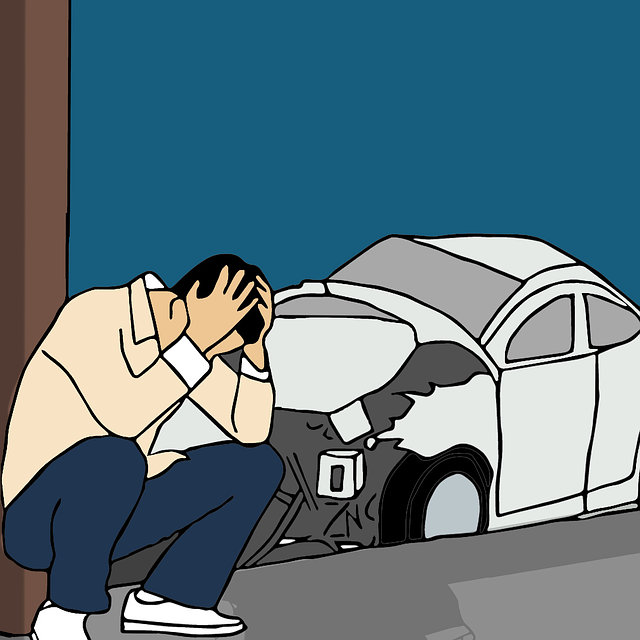Personal injury contingency fees offer clients a percentage-based alternative to hourly rates, alleviating financial strain with no fee if the case fails. While ideal for complex cases like car accidents or nursing home abuse, individuals should be cautious as some attorneys might recommend contingency fees when other models better suit their needs. These agreements ensure accessible justice and empower victims to seek redress without upfront costs.
Are you considering hiring a lawyer for your personal injury case but unsure about how to pay? A common question arises: is a contingency fee right for your situation? This article guides you through understanding personal injury contingency fees, their advantages and disadvantages, and when they’re the best fit. By exploring these factors, you can make an informed decision on legal representation and ensure fair compensation for your injuries.
- Understanding Personal Injury Contingency Fees
- Advantages and Disadvantages of Contingency Agreements
- When Is a Contingency Fee Suitable for Your Case?
Understanding Personal Injury Contingency Fees

Personal injury contingency fees have become a common arrangement in legal practice, especially for cases involving car accidents and other personal trauma. Unlike traditional hourly rates, where clients are charged based on the time spent on their case, a contingency fee is a percentage of the final compensation or settlement received. This means that if there’s no win, there’s no fee – a concept that can provide immense relief to those who’ve suffered injuries and may not have substantial financial reserves.
Understanding this fee structure is crucial for anyone considering hiring an auto accident attorney. It removes the financial burden of ongoing legal costs, allowing individuals to focus on their recovery. However, it’s essential to be aware that some legal professionals might breach their fiduciary duty by recommending a contingency fee structure when a different payment model could better serve the client’s interests, especially in complex cases where the likelihood of success varies.
Advantages and Disadvantages of Contingency Agreements

When considering a personal injury case, understanding contingency agreements is crucial. These legal arrangements offer a promising solution for individuals seeking compensation, especially in complex cases like nursing home abuse or car accident injuries. The primary advantage lies in eliminating upfront costs; victims can pursue their claims without burdening themselves with legal fees. Contingency fee agreements typically stipulate that the lawyer receives a percentage of the settlement or judgment as their compensation, usually ranging from 25% to 40%. This structure ensures that legal representation is accessible and allows individuals to focus on recovery.
However, there are potential drawbacks. The attorney’s fee may be higher than traditional hourly rates, which could be a concern for those with limited financial resources. Moreover, the outcome of a case is uncertain; if the claim is unsuccessful, the victim might not receive any payment for legal services. This risk is particularly relevant in cases like wrongful death lawsuits, where the stakes are high but so is the uncertainty. Despite these disadvantages, contingency agreements play a vital role in ensuring access to justice and empowering individuals to seek compensation for their injuries.
When Is a Contingency Fee Suitable for Your Case?

When is a personal injury contingency fee suitable for your case? A contingency fee agreement is often a smart choice when pursuing a personal injury claim, especially in cases involving complex legal issues or significant potential damages. For instance, if you’ve been harmed due to defective products or experienced elder abuse, a Boca Raton FL personal injury attorney operating on a contingent basis can provide the necessary resources and expertise without upfront costs.
This type of fee structure means your lawyer only gets paid if they secure a settlement or judgment in your favor. This can be particularly beneficial when dealing with high-stakes cases where extensive legal research, expert testimony, and prolonged litigation may be required. It ensures that your attorney’s compensation aligns with the outcome achieved, allowing you to focus on healing and seeking justice while they handle the complexities of your case.
When deciding if a personal injury contingency fee is right for your case, weigh the benefits of no upfront costs and potential for higher compensation against the variable nature of these agreements. If you’re considering legal action for a personal injury, understanding both sides of the equation can empower you to make an informed choice that aligns with your specific situation.






